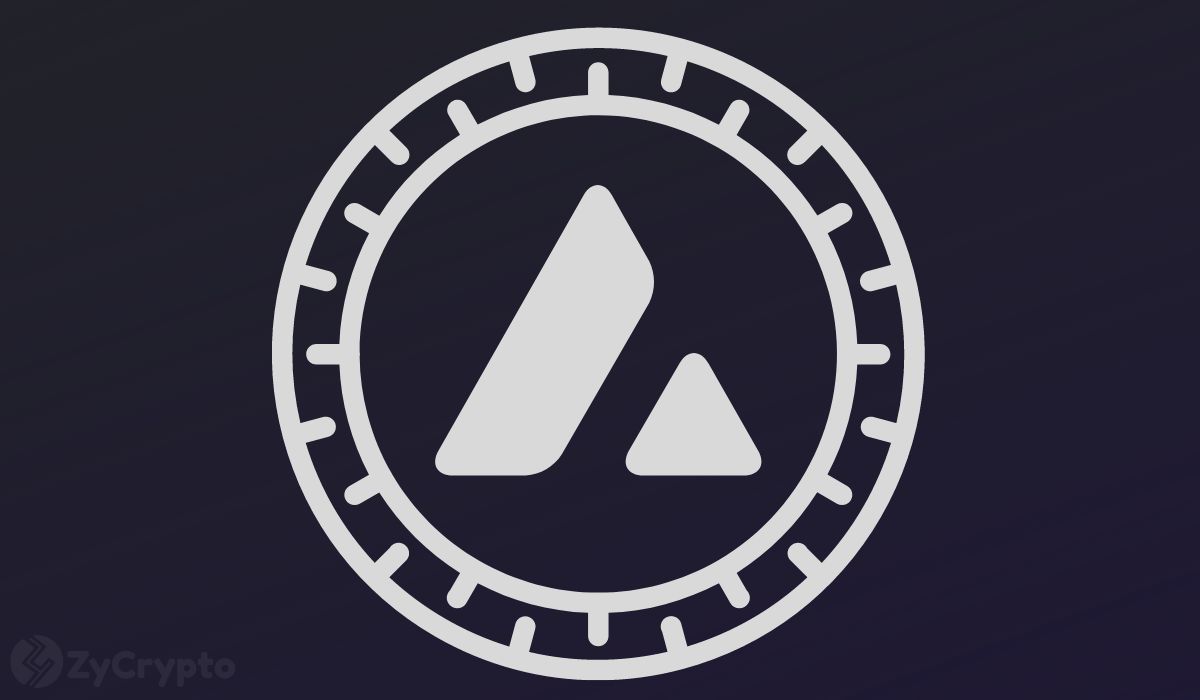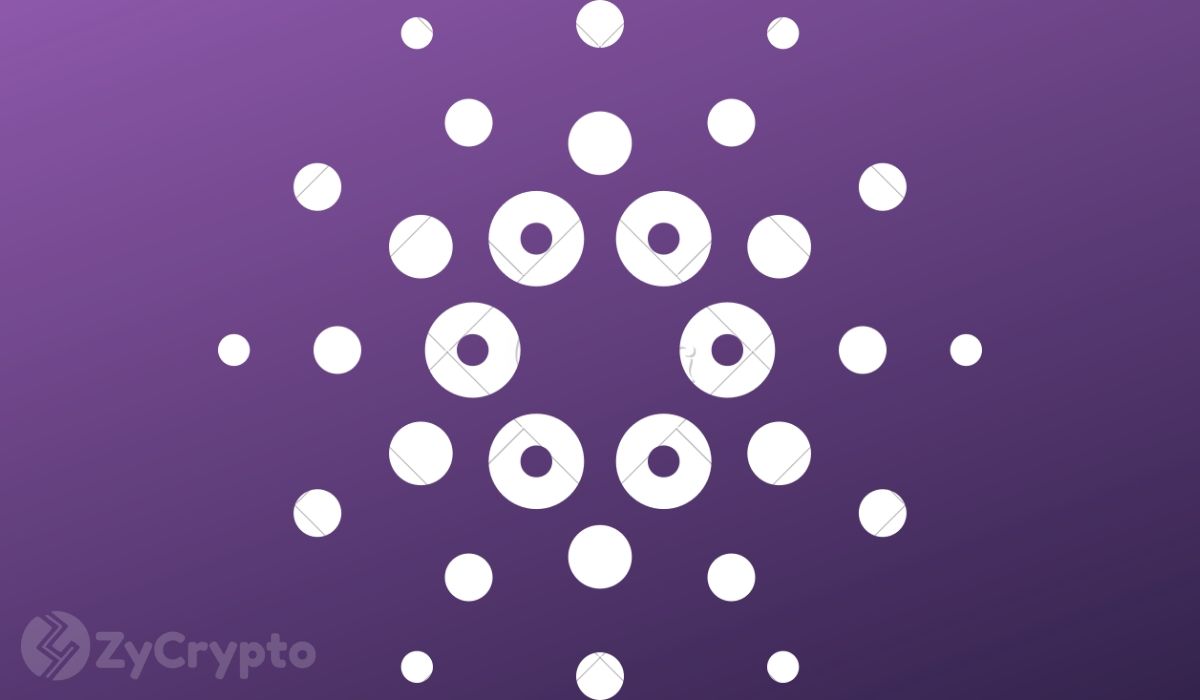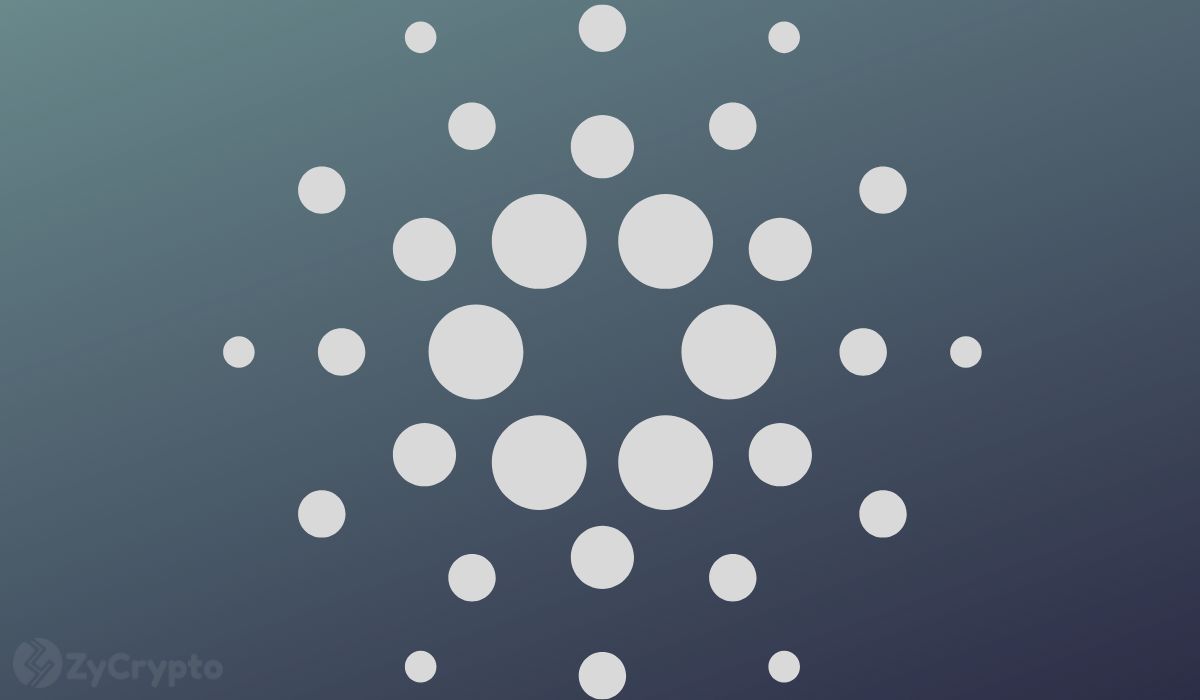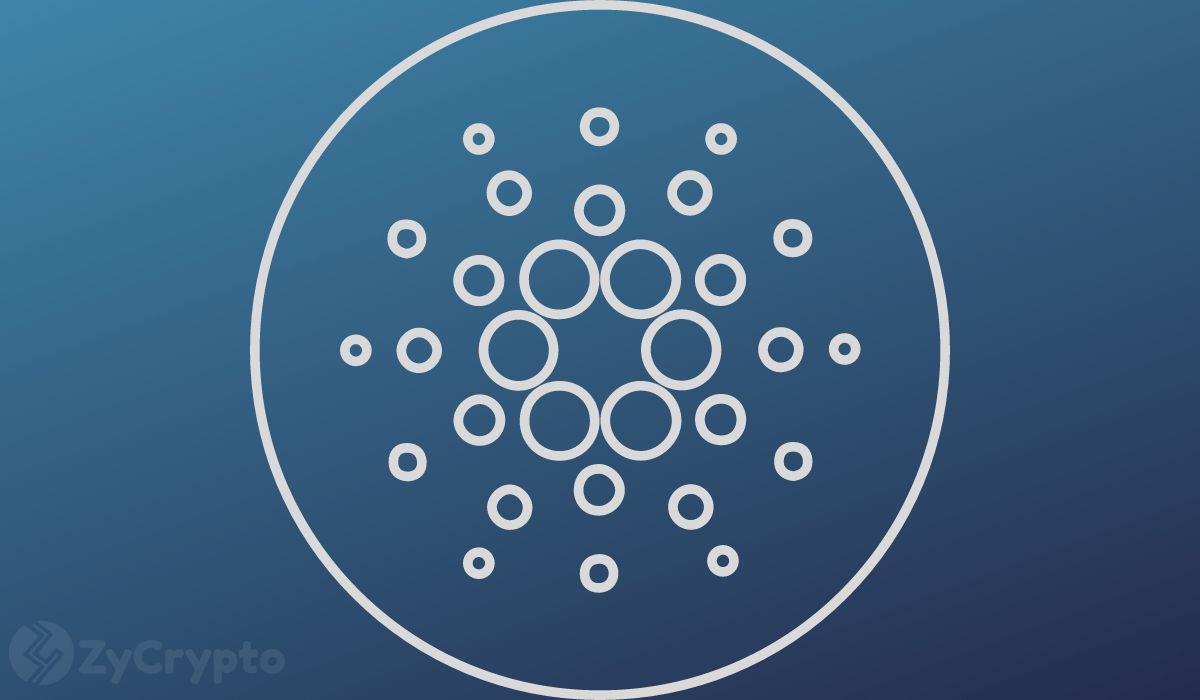2018-10-2 03:44 |
Yesterday, September 30, the EOS Alliance issued a statement on their Medium blog regarding the recent vote buying and collusion allegations. These claims were made against some of EOS’ top 21 block producers and some paid standby producers.
An Investigative ApproachEssentially, the EOS platform elects 21 rotating “block producers” who manage the network and verify transactions. However, there is reason to believe that these producers were working together to manipulate the market and remain in control of the blockchain:
“Serious allegations have recently been made in Telegram and the press of voting abuse by supporters of some of the (current) top 21 block producers (BPs) and by other paid standby producers. Such abuse, if it exists, may not directly or immediately impact the public perception and business reputation of the EOS mainnet. However, it does raise a very serious question as to the long-term viability of the network.”
The EOS Alliance proposes a dispute resolution system to find the truth. This system is founded on three principles the EOS Alliance wishes to follow:
That the community communicates their issues via current systems. Remember that all accused are innocent until proven guilty. To not come to any conclusions until objective, repeatable evidence is found.The team then brings up the fact that “virtually every corporation or government’s network” has been hacked into, while the Bitcoin blockchain, which EOS is derived from, has never been. In fact, “hacks” on the EOS blockchain are rather from “social engineering,” much like in the world of traditional politics. This reason is why the EOS Alliance is genuinely considering the accusations, as their existence is entirely possible.
Then, the post details just how the dispute process would go:
A group of EOS “mainnet” members file a claim against the alleged via ECAF, the community resolution forum for EOS. ECAF then assigns someone to handle the case. Disputers place deposits against a “potential adverse verdict.” Those on the case look for information from relevant sources. Facts are looked over, and subpoenas are issued. Everyone involved can question the findings. A decision is made via the deciding party. Parties either comply or the block producers step in to make the change. Bringing The Community TogetherThe dispute process is based on the international trade rules from UNCITRAL, the United Nations Commission on International Trade, and is similar to Vitalik’s approach during the Ethereum DAO Hack.
The post then announces that their goal isn’t to “weigh in” on these accusations, but rather to provide clarity to all of the “dialogue within the community,” be it investigative matters, negotiation, sharing of interests, or rewriting the rules.
Overall, the EOS Alliance “strongly encourages everyone to step forward and assist the examination of these allegations.” For the network to be successful, both token holders and block producers must put their best foot forward.
Finally, today on October 1st, Brendan Blumer, the CEO of Block.one, made his own post acknowledging the situation. Here, Blumer states that the Block.one team is aware of the accusations, and they believe “it is important to ensure a free and democratic election process within EOS.” Block.one is the team behind EOSIO and oversees development of the EOS platform.
The post EOS Alliance Issues Statement On ‘Vote Buying’ and Collusion Allegations appeared first on UNHASHED.
origin »Bitcoin price in Telegram @btc_price_every_hour
EOS (EOS) íà Currencies.ru
|
|








